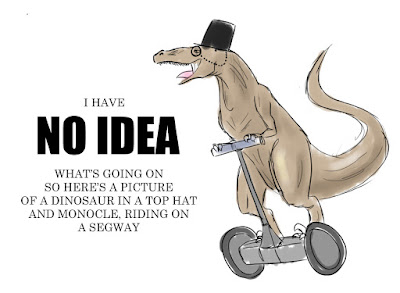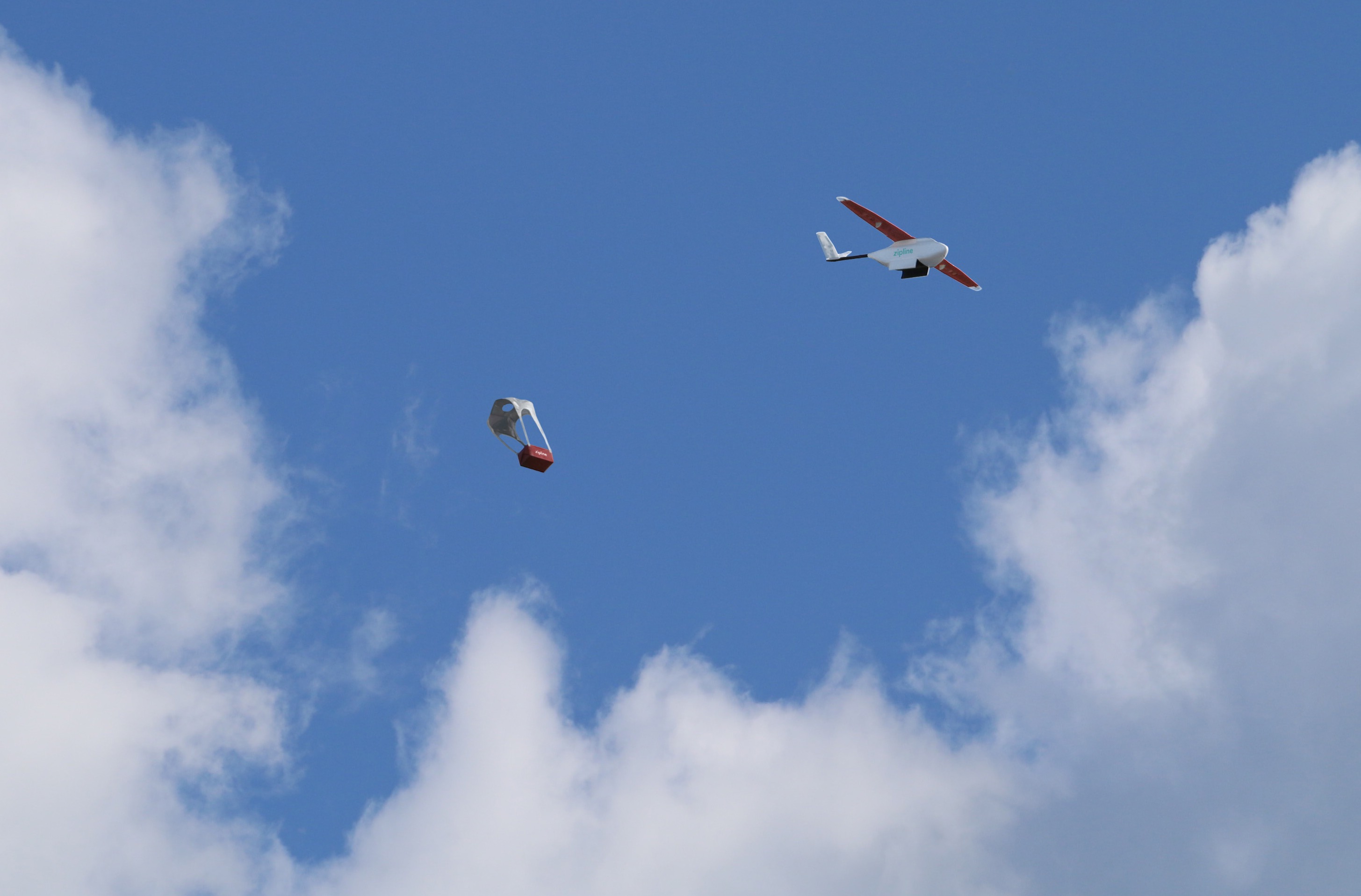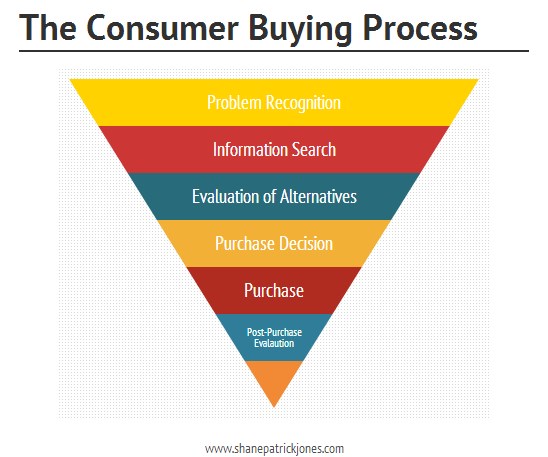And here I am...
This week, Sony announced their
VR headset for the PS4 for $399 (
sort of). With the HTC Vive on Steam and the Oculus Rift (oh, and the Samsung Gear VR), there are now a growing number of ways for people to
truly immerse themselves in alternative realities.
But... but... what's the point? Not that this stuff isn't entertaining. It will be. Not that there isn't a lot of money to be made in hardware and (even more) in content. There is. But how will this affect how we live our lives... in non-virtual reality?
... imprinting on my couch.
There are a few obvious answers that I'll list here just to get them out of the way:
But what else? Is there anything useful in all of this or is it just for entertainment? To answer this, I asked my local expert: my Middle-School Daughter (MSD).
Schmoid: Hey.
MSD: What?
Schmoid: How do you see VR helmets being actually useful?
MSD: Huhn? Why are you asking me? You're the one that's supposed to be the tech expert.
Schmoid: Because I want to see what the next generation thinks they will be doing with this stuff.
MSD: What evs. [pause while she gets over how weird her dad is] I guess they would be entertaining. I could feel like I'm actually in Minecraft.
Schmoid: Fine, but how is that useful?
MSD: Because it's awesome.
Schmoid: [giving up on an unwinnable argument] What about school, then? What if you went to school online and it felt like a classroom? Would that be useful? All you'd need to do was get out of bed in the morning and throw a helmet on.
MSD: Maybe, I guess. But what about lunch?
Schmoid: You'd take the helmet off and eat.
MSD: Dad! That's not what I meant. What about talking with my friends?
Schmoid: You guys would just open another chat and meet for lunch. Still virtually.
MSD: And PE? It would be really awesome if I didn't have to go to PE.
Schmoid: I'm sure that there would be some form of exercise that you would still have to do.
MSD: Then... meh. It would still be school. But it would be cool if I got an extra hour of sleep.
The One Percent Life
It was from that conversation that I figured out what VR will ultimately do to our actual reality lives. Those that can afford it will be able to work and collaborate more easily with others that are also VR enabled.
Virtual schools will be able to automate attendance and have all students in a class answer every question asked without having to put one student on the spot. Grading will be managed by expert systems, asking help from the teacher only on ambiguous input.
For the workplace, cubical farms will become a thing of the past. Or not as they will be virtual cubical farms where a supervisor will still be able to look out over their floor and know who is doing what. Meetings can meaningfully involve people from around the globe, unlike the teleconferencing of today.
Trade shows. My god, trade shows. No more tired feet and scrambling to hit all of the booths and wait in line to see the latest thing or meet the 'it' person. And the booths would no longer be bound by the laws of physics.
The worlds of Gibson and Stephenson and The Wachowski siblings (and Ernest Cline because it's hard not to love Ready Player One... oh, and Tad Williams' Otherland books) would all be ours to have.
They why would we ever need to leave the comfort of our homes? Because there are jobs that support the infrastructure of the suburban VR warrior clan that need to be done in reality: garbage collection, electrical grid maintenance, food preparation, cleaning services, construction, assembly, etc. Basically, all of the service and support level jobs that are considered blue collar.
Education will be separated into those that can attend the virtual classrooms with their richer experience and those that will still attend an IRL school with their fellow lower income bracketeers. Work will be segregated into the stay-at-home white collar VR manager and the service workers ensuring that an all-beef patty is available at a moments notice.
The Cake is a Lie
Will this actually happen? Some of it. I'm guessing that cubical farms and trade shows will continue to exist in real life, though there may be virtual components to them. Some schools and meetings will go full VR, but there will always be something lost in the uncanny valley of facial nuance translation that will continue to give face-to-face a premium.
Instead, what VR will do is what all new technology does: emphasize and accelerate many of the details of our existing lives. Think social media: Facebook did not change the world, but it did allow us to share our worlds with a wider audience. Smart phones did not change the world, they just let us say the same things we've always been saying to more people in more ways. VR will do the same.
What will be interesting is which details it ends up emphasizing.







































